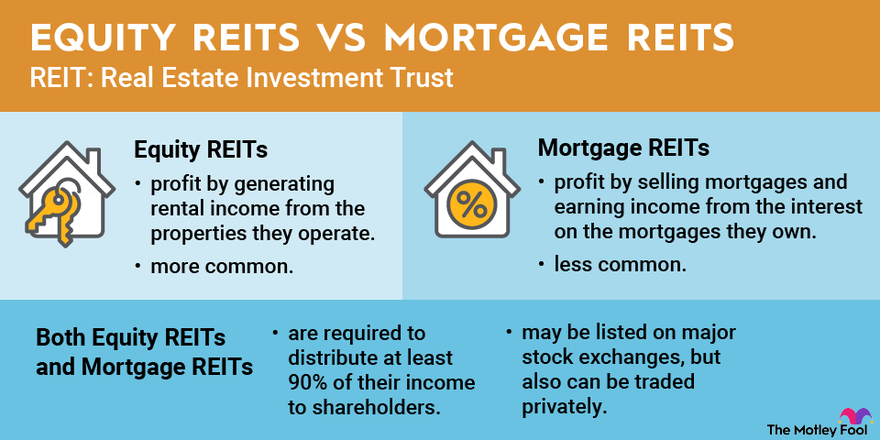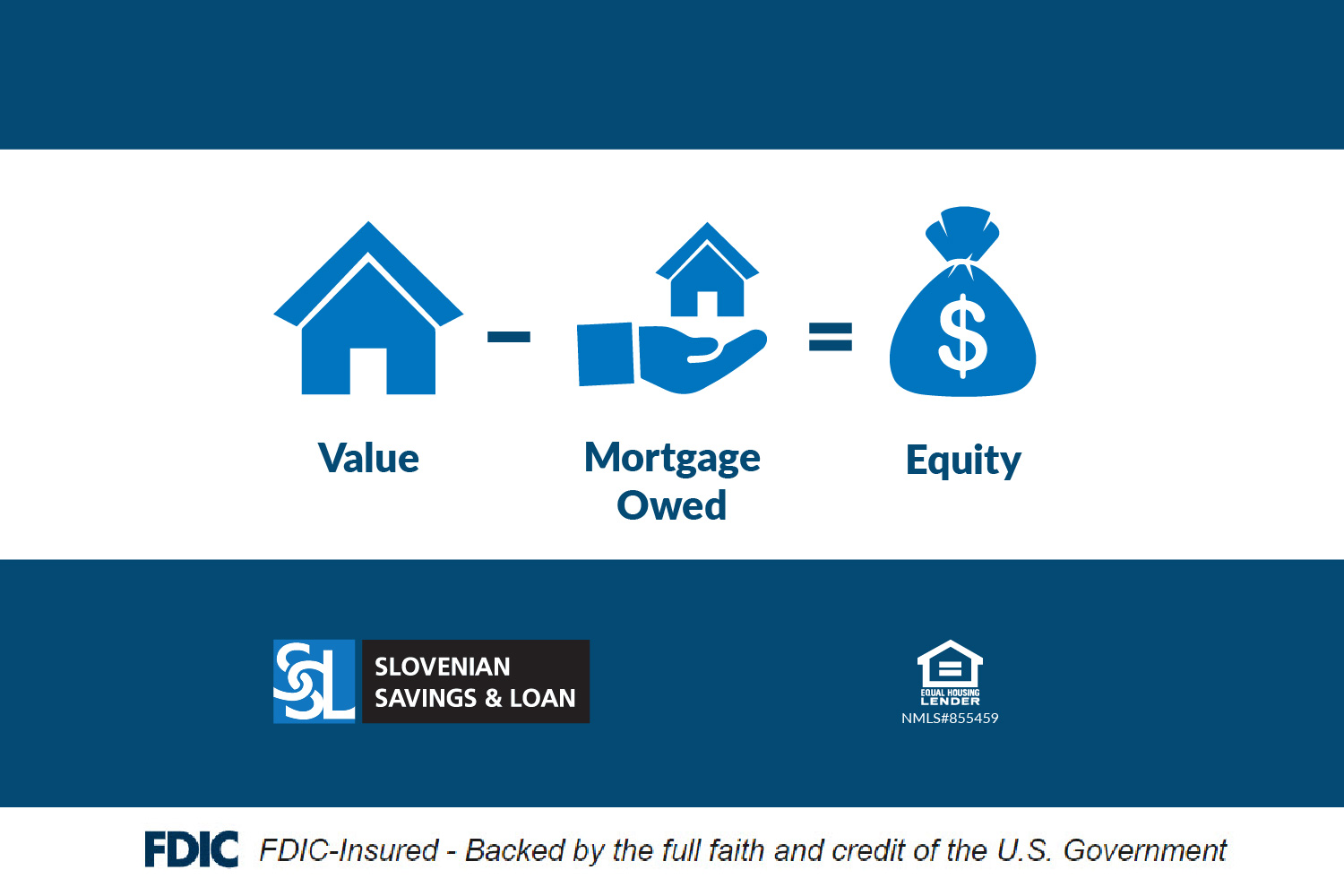Exploring Monetary Flexibility Through Equity Release Mortgages
Exploring Monetary Flexibility Through Equity Release Mortgages
Blog Article
Discovering the Various Sorts Of Equity Release Mortgages Available Today
Equity Release home mortgages present various options for home owners aged 55 and over. equity release mortgages. These economic items cater to various requirements and preferences, allowing individuals to accessibility funds from their building. From lifetime home mortgages to shared gratitude mortgages, each kind provides unique benefits. Understanding these options is essential for making educated choices. What elements should one think about when choosing one of the most ideal equity Release strategy? The details that follow might lose light on this important subject
Understanding Equity Release Mortgages
Equity Release home loans provide home owners, generally those aged 55 and over, with a way to access the value locked up in their residential or commercial property without needing to sell it. This monetary alternative allows people to transform a section of their home equity into cash, which can be utilized for numerous purposes, such as home improvements, settling debts, or financing retirement.Equity Release can take various types, yet it essentially entails borrowing against the value of the home while maintaining ownership. Home owners can select to receive a lump sum or a series of smaller repayments, relying on their financial needs and preferences.Additionally, the quantity available for Release is affected by the residential property's value, the homeowner's age, and details lender requirements. In general, understanding equity Release home mortgages is important for house owners to make educated decisions concerning taking advantage of their home's equity while thinking about the lasting implications.
Lifetime Mortgages
Life time home loans represent among one of the most preferred kinds of equity Release. This financial item permits property owners, normally aged 55 or older, to borrow versus the worth of their building while preserving ownership. The lending, which is safeguarded against the home, builds up rate of interest with time but does not need month-to-month payments. Instead, the financing and built up passion are paid off when the house owner dies or relocates right into long-lasting care.Lifetime mortgages supply versatility, as debtors can choose to receive a lump sum or go with a drawdown center, accessing funds as needed. Significantly, lots of plans come with a no-negative-equity guarantee, making certain that debtors will never owe more than the value of their home. This attribute supplies satisfaction, enabling people to enjoy their retirement without the fear of diminishing their estate. Overall, lifetime mortgages function as a practical option for those seeking financial backing in later life.
Home Reversion Program

Drawdown Life Time Mortgages
While many homeowners seek means to access their riches, drawdown lifetime home loans provide an adaptable alternative that allows people to Release funds gradually. This kind of equity Release mortgage makes it possible for home owners to borrow against the worth of their residential property while keeping ownership. Unlike standard lifetime home mortgages, drawdown strategies permit customers to access a portion of their equity upfront and withdraw extra funds as required, approximately a fixed limit.This function can be specifically useful for those who want to manage their financial resources meticulously, as it reduces interest accumulation by just charging rate of interest on the quantities drawn. Additionally, drawdown lifetime home loans typically feature a "no unfavorable equity assurance," guaranteeing that customers will certainly never ever owe even more than their home's value. This choice suits senior citizens who want economic security and versatility, allowing them to satisfy unanticipated expenses or keep their lifestyle without needing to offer their home.
Boosted Lifetime Mortgages
Enhanced Lifetime Mortgages use distinctive advantages for eligible house owners looking for to Release equity from their residential properties. Recognizing the qualification requirements is important, as it identifies who can take advantage of these specialized finances. However, it is likewise vital to review the possible disadvantages related to improved choices, guaranteeing a well-shaped viewpoint on their use.
Qualification Criteria Described
Comprehending the qualification requirements for Boosted Life time Mortgages is necessary for possible candidates looking for to access the equity in their homes. Usually, applicants should be aged 55 or older, as this age go to this website requirement is typical in the equity Release market. Homeowners need to have a home valued at a minimal limit, which can vary by loan provider. Importantly, the property needs to be their key house and in great condition. Lenders usually analyze the homeowner's wellness standing, as certain health and wellness problems might boost eligibility and benefits. In addition, candidates should not have existing significant financial debts secured versus the property. Meeting these criteria allows people to check out Improved Lifetime Home mortgages as a sensible alternative for accessing funds locked up in their homes.
Advantages of Improved Home Loans
After clearing up the eligibility criteria, it becomes noticeable that Improved Lifetime Mortgages use several considerable advantages for home owners wanting to utilize their home equity. Mainly, they offer accessibility to a bigger financing quantity compared to standard life time mortgages, profiting those with wellness conditions or age-related factors that enhance their life expectancy danger. This boosted borrowing capacity permits home owners to satisfy different economic demands, such as home renovations or retirement expenditures. In addition, these home mortgages generally feature adaptable payment alternatives, allowing customers to manage their finances a lot more properly. The no-negative-equity assurance additionally ensures that house owners will certainly never ever owe greater than their home's worth, offering satisfaction. On The Whole, Boosted Life time Home mortgages present a compelling alternative for qualified home owners seeking monetary remedies.
Potential Disadvantages Taken Into Consideration
While Enhanced Lifetime Home mortgages provide countless benefits, potential downsides call for cautious consideration. One considerable concern is the effect on inheritance; the equity launched decreases the value of the estate entrusted to beneficiaries. In addition, these home more information mortgages can accumulate significant passion over time, leading to a considerable debt that might go beyond the original loan amount. There may also be limitations on property adjustments or rental, restricting home owners' versatility. Boosted products frequently need specific health and wellness conditions, indicating not all homeowners will certainly qualify. Finally, taking care of the fees and costs related to these mortgages can be intricate, possibly bring about unforeseen costs. Consequently, people must thoroughly examine their circumstance and consult economic experts before continuing.
Shared Admiration Mortgages
Shared Appreciation Home mortgages represent a special monetary setup that allows house owners to access equity while sharing future residential or commercial property value raises with the lender. This strategy provides possible advantages such as minimized regular monthly repayments, but it likewise includes disadvantages that should be thoroughly considered. Understanding the qualification requirements is necessary for those curious about this alternative.
Idea Introduction
Equity Release home mortgages, especially in the form of shared gratitude home loans, use property owners an one-of-a-kind monetary remedy that enables them to access funds by leveraging the value of their property. In this arrangement, a lending institution offers a car loan to the homeowner, which is usually settled with a share of the home's future gratitude in value. This means that when the home owner markets the property or passes away, the lending institution obtains a percent of the raised value, as opposed to just the preliminary loan amount. Shared recognition home mortgages can be appealing for those aiming to supplement their revenue or finance significant expenses while maintaining ownership of their home. The financial effects of common appreciation have to be very carefully thought about by possible consumers.
Benefits and Downsides
Although common appreciation mortgages can provide considerable economic benefits, they additionally include significant downsides that prospective debtors must take into consideration. These home mortgages allow home owners to accessibility equity in their residential or commercial properties while sharing a section of any type of future gratitude with the loan provider. This arrangement can be advantageous throughout times of rising residential property values, offering significant funds without month-to-month repayments. However, the primary downside is the possible loss of equity; homeowners might wind up with considerably minimized inheritance for successors. In addition, the complexity of the terms can cause misconceptions pertaining to repayment obligations and the percent of admiration owed. For that reason, it is vital for customers to evaluate these aspects thoroughly before devoting to a common admiration home mortgage.
Qualification Needs
What requirements must homeowners satisfy to certify for a common gratitude home mortgage? Mainly, prospects have to be at least 55 years old, assuring they are within the target group for equity Release products. Furthermore, the residential or commercial property needs to be their main residence and usually valued above a defined minimum limit, often around ? 100,000. Lenders additionally analyze the house owner's financial scenarios, including income and arrearages, to ascertain they can manage the mortgage responsibly. Significantly, the property must remain in good problem and devoid of substantial legal encumbrances. Property owners ought to additionally have a clear understanding of the terms, consisting of how appreciation will certainly be shown to the lender upon sale or transfer of the home, as this influences general returns.
Choosing the Right Equity Release Choice

Regularly Asked Concerns
What Age Do I Required to Be for Equity Release?
The age requirement for equity Release commonly starts at 55 for a lot of plans. Some companies might provide options for those aged 60 and above, showing varying terms based on specific conditions and lending institution policies.
Will Equity Release Influence My Inheritance?
Equity Release can affect inheritance, as the quantity borrowed plus passion minimizes the estate's worth. Heirs may obtain much less than prepared for, depending upon the property's appreciation and the complete debt at the time of passing.
Can I Move Home With Equity Release?
The inquiry of relocating house with equity Release arises often. Usually, people can move their equity Release strategy to a brand-new residential property, yet particular conditions may use, requiring appointment with the lender for guidance.
Exist Charges Connected With Equity Release Mortgages?
Fees related to equity Release home mortgages can consist of setup fees, valuation fees, and legal expenses. Additionally, there may be very early payment fees, which can impact the overall expense and financial effects for the customer.
Exactly How Does Equity Release Effect My Tax Obligation Scenario?
Equity Release go to the website can impact one's tax scenario by possibly raising taxable earnings, as released funds are considered resources. Nevertheless, it generally does not sustain instant tax obligation responsibilities, making it vital to speak with a monetary consultant for customized support.
Verdict
In recap, the range of equity Release mortgages available today uses home owners aged 55 and over numerous pathways to access their home's worth - equity release mortgages. Whether going with a lifetime mortgage, home reversion plan, or various other options, each option presents distinct advantages customized to specific financial requirements. Mindful consideration and appointment with a financial expert are necessary to ensure the selected equity Release solution lines up with monetary conditions and personal objectives, inevitably promoting notified decision-making for a safe and secure monetary future. Equity Release mortgages existing different alternatives for house owners aged 55 and over. Equity Release home mortgages offer homeowners, usually those aged 55 and over, with a way to access the worth linked up in their property without requiring to sell it. Improved Lifetime Home mortgages supply unique advantages for eligible home owners seeking to Release equity from their properties. Equity Release home loans, specifically in the form of common admiration home mortgages, use home owners an unique financial remedy that allows them to access funds by leveraging the value of their residential property. In summary, the selection of equity Release home mortgages readily available today supplies property owners aged 55 and over numerous paths to access their building's value
Report this page